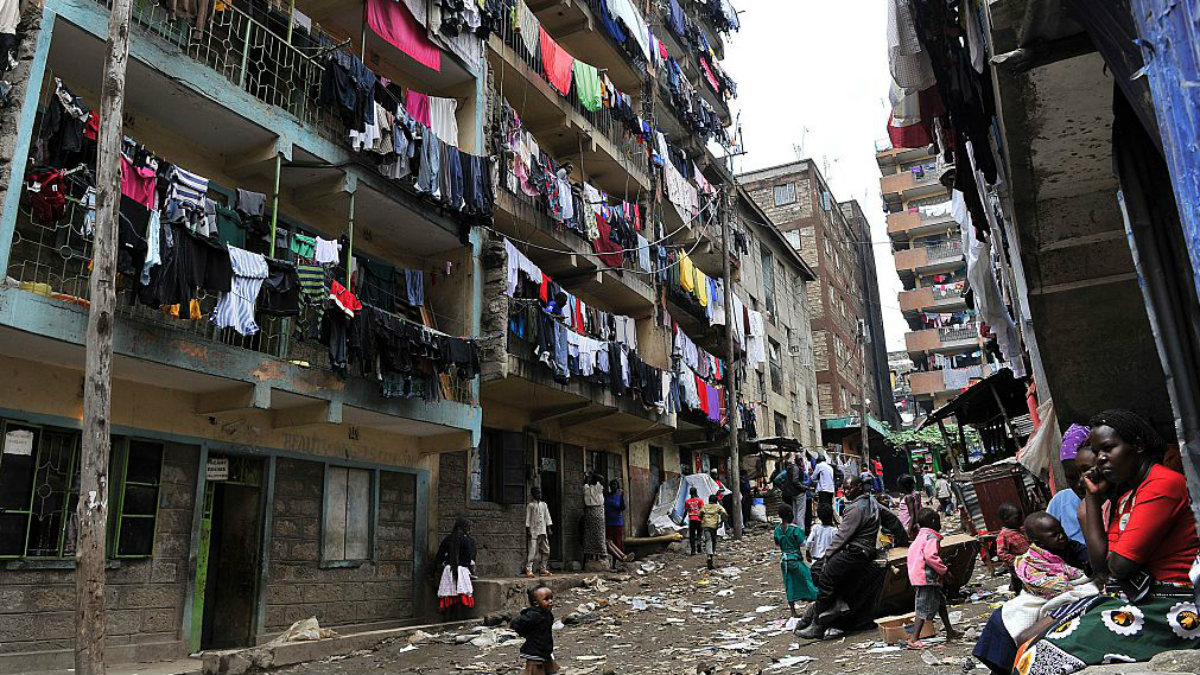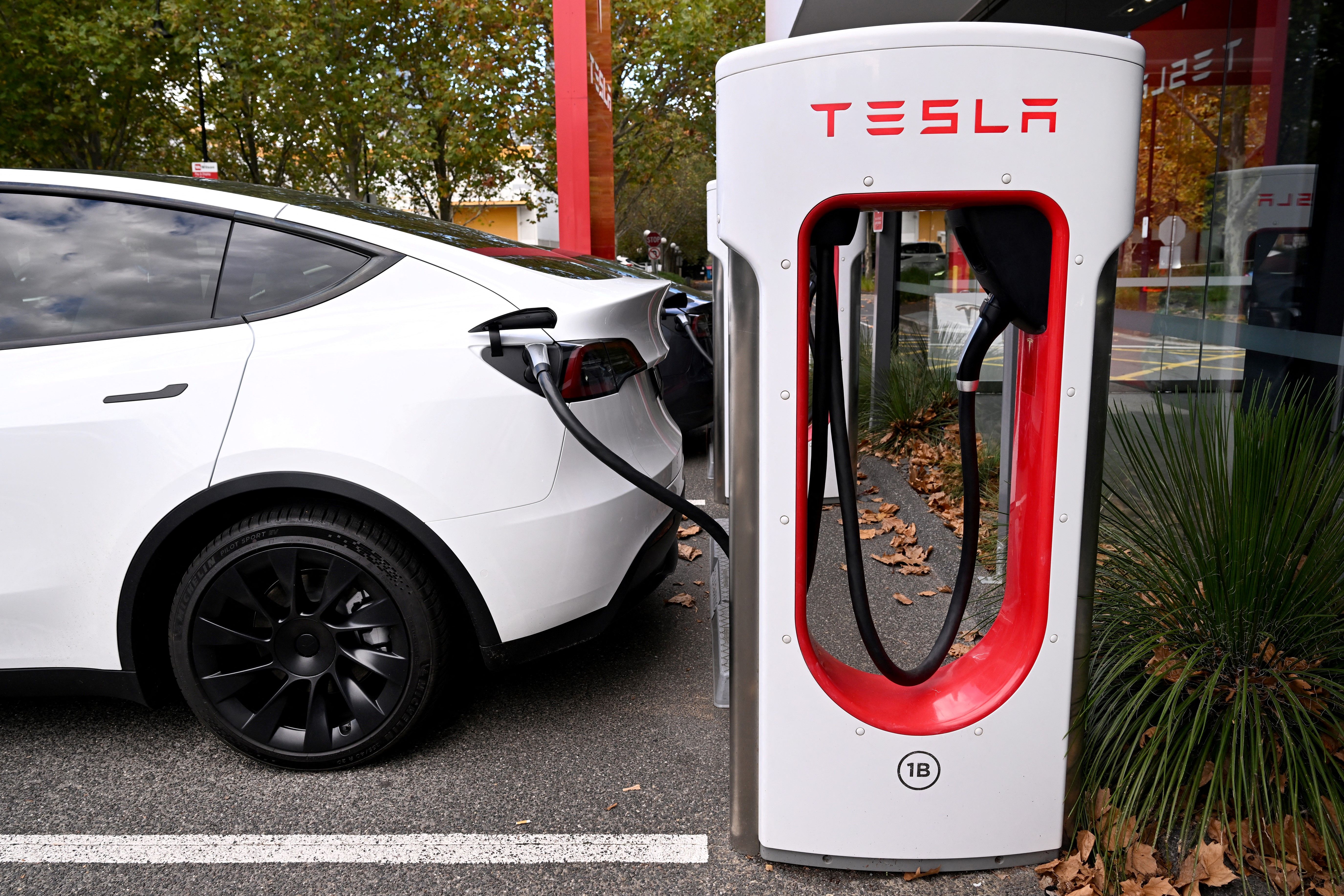Climate change threatens £110trn worth of assets
Poor city planning also leaves 1.3 billion people exposed to risks of flooding alone

A free daily email with the biggest news stories of the day – and the best features from TheWeek.com
You are now subscribed
Your newsletter sign-up was successful
Lack of preparation in urban areas at a time when the risk of climate change-related natural disasters is rising poses a risk to $158trn (£110trn) worth of assets by 2050, according to the World Bank.
In a new report, the global development lender said an expanding population was resulting in people cramming into "low-lying, fast-growing cities that are already overcrowded" – at a time when sea levels are rising as a result of global warming.
It reckons that without preventative action, especially in terms of future planning for cities, assets worth twice the total annual output of the global economy were at risk by the middle of the century. This would affect more than 1.3bn people, disproportionately concentrated in developing economies.
The Week
Escape your echo chamber. Get the facts behind the news, plus analysis from multiple perspectives.

Sign up for The Week's Free Newsletters
From our morning news briefing to a weekly Good News Newsletter, get the best of The Week delivered directly to your inbox.
From our morning news briefing to a weekly Good News Newsletter, get the best of The Week delivered directly to your inbox.
"Cities and coastal areas are woefully unprepared for the kind of climate and disaster risk now facing our world," John Roome, the World Bank Group's senior director for climate change, told Reuters.
The bank says risks can be mitigated as cities expand by putting in place "more resilient infrastructure". This could include everything from restrictions on using too much groundwater – "one of the reasons cities from Tokyo to Jakarta are sinking" – to planning for more green space and situating new schools and apartments above flood-prone zones.
Trends in climate-related disasters are clear. The Guardian notes that total annual damage, averaged over a 10-year period, had risen tenfold from $14bn (£10bn) during 1976 to 1985 to $140bn (£100bn) between 2005 and 2014. "The average number of people affected each year had risen over the same period from around 60 million people to more than 170 million," it added.
Oxfam has called on rich countries to make good on the pledges made at the Paris conference in December to provide funding to help developing countries adapt to the effects of global warming.
A free daily email with the biggest news stories of the day – and the best features from TheWeek.com
It said: "International support for adaptation falls well short of what is needed. Latest estimates indicate that only 16 per cent of international climate finance is currently dedicated to adaptation – a mere $4bn–$6bn per year of which is public finance."
-
 Corruption: The spy sheikh and the president
Corruption: The spy sheikh and the presidentFeature Trump is at the center of another scandal
-
 Putin’s shadow war
Putin’s shadow warFeature The Kremlin is waging a campaign of sabotage and subversion against Ukraine’s allies in the West
-
 Media: Why did Bezos gut ‘The Washington Post’?
Media: Why did Bezos gut ‘The Washington Post’?Feature Possibilities include to curry favor with Trump or to try to end financial losses
-
 Why the catastrophe bond market is growing
Why the catastrophe bond market is growingThe Explainer The bonds pay for climate change disaster damages
-
 Why are home insurance prices going up?
Why are home insurance prices going up?Today's Big Question Climate-driven weather events are raising insurers' costs
-
 Christmas trees: losing their magic?
Christmas trees: losing their magic?In the Spotlight Festive firs are a yuletide staple but are their days numbered?
-
 The ocean's blue economy is growing. Can the tide continue to rise?
The ocean's blue economy is growing. Can the tide continue to rise?The Explainer The big blue is bringing in the green
-
 What is greenhushing?
What is greenhushing?Speed Read A new trend has companies keeping quiet about what they're doing to combat climate change
-
 Why fashion may never be sustainable
Why fashion may never be sustainableSpeed Read And should we even believe it if we see it?
-
 Autos: Fast-tracking the electric future
Autos: Fast-tracking the electric futurefeature Will the transition to electric vehicles go smoothly?
-
 Climate change is extending the tax season
Climate change is extending the tax seasonSpeed Read